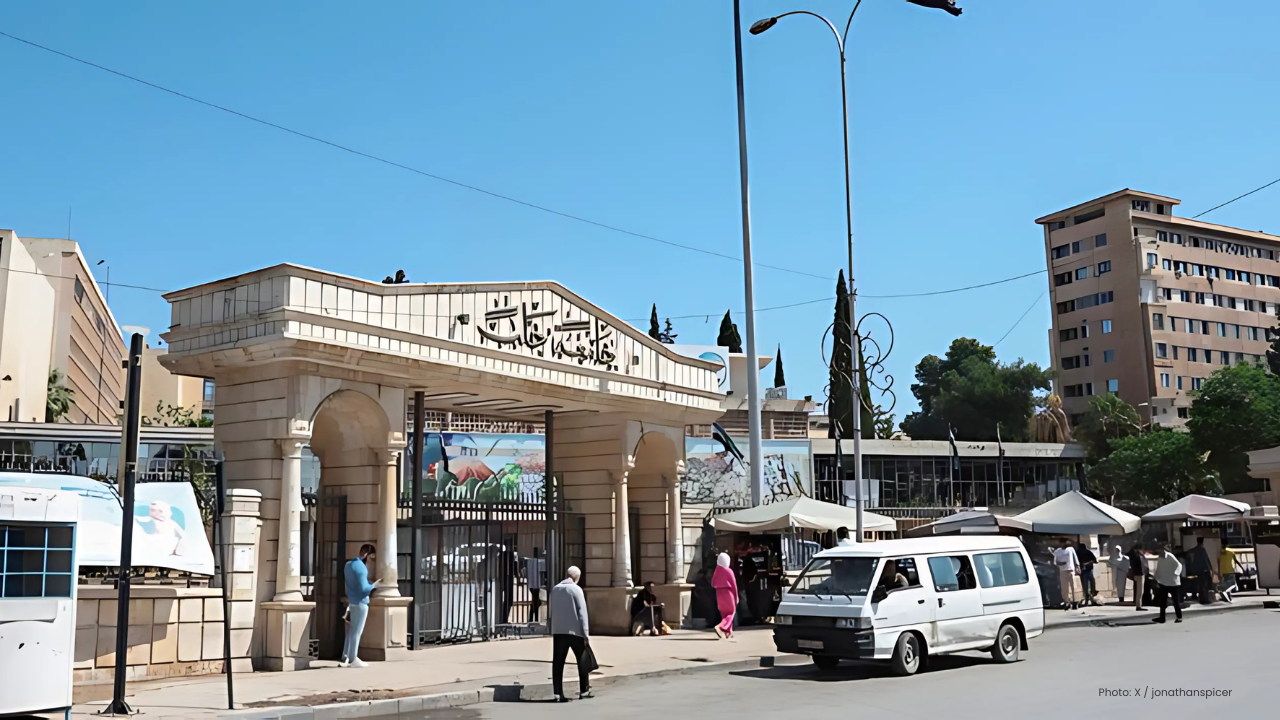
Post by : Naveen Mittal
In a sudden move, several American diplomats who were part of the Syria Regional Platform (SRP) were told to end their assignments. The SRP is the unofficial U.S. mission to Syria, based mainly in Istanbul, since the American embassy in Damascus was closed in 2012 due to the civil war.
The decision comes as Washington adjusts its policy on Syria, signaling support for a more centralized government led by President Ahmed al-Sharaa, who came to power late last year after the fall of Bashar al-Assad.
Sources familiar with the situation said that “a handful” of diplomats from the SRP were told their service was over. The move came quickly, without much explanation, and at the end of last week.
A U.S. diplomatic source explained that the changes were part of a reorganization, and not because of personal conflicts or policy disputes between the diplomats and Washington officials. However, other Western diplomats suggested that differences in opinion on Syria’s future may have played a role.
The State Department declined to explain the reasoning, stating only that they do not comment on “personnel decisions or administrative reorganizations.” They emphasized that core staff working on Syrian issues continue to operate from multiple locations.
The diplomats at the SRP all reported to Tom Barrack, the U.S. Special Envoy for Syria, who was appointed in May. Barrack is not only a longtime adviser and friend of President Donald Trump but also serves as the U.S. ambassador to NATO member Turkey.
Since his appointment, Barrack has led a significant policy change. Instead of focusing on keeping Syria divided, Washington is now supporting a unified Syrian state under Ahmed al-Sharaa. Sharaa, an Islamist leader, rose to power in a lightning-fast campaign after Assad’s fall.
This change in direction has not been easy. While Barrack is pushing for closer ties with Damascus, some groups inside Syria — especially the Kurdish-led Syrian Democratic Forces (SDF) — remain hesitant.
The Syrian Democratic Forces have long been backed by the United States. They played a critical role in fighting the Islamic State (ISIS) during Assad’s rule. The SDF controls large parts of northeast Syria, where they have built their own local administrations and military units.
Barrack has urged the SDF to speed up the process of joining the Syrian state. A deal signed in March requires the SDF to bring the territories they control under Damascus’s authority and to merge their fighters into the national security forces.
But the SDF has been reluctant. Leaders within the group fear losing the autonomy they gained during years of war. They prefer a less centralized system, where regions have more control, rather than being tightly ruled from Damascus.
One Western diplomat suggested that the dismissal of the SRP staff may partly reflect disagreements between Barrack and other U.S. officials over how to handle the SDF question. Some believe Washington should protect Kurdish autonomy, while Barrack is more focused on strengthening Sharaa’s central government.
This internal debate has been ongoing. For many years, U.S. policy was caught between supporting the Kurds as partners against ISIS and balancing relations with Turkey, which views the SDF as linked to Kurdish separatist groups. Now, the focus is shifting again — toward normalizing ties with Damascus.
Barrack’s efforts are not limited to negotiations with the SDF. On Tuesday, he was in Damascus overseeing the signing of a plan with Syria’s foreign minister to resolve tensions with the Druze minority in the south. The plan promises “equal rights and shared obligations for all,” Barrack later wrote on social media.
This is part of his broader vision: to integrate Syria’s diverse communities into a single state under Sharaa’s leadership, while reducing conflict with minorities and regional groups.
The fall of Bashar al-Assad after 13 years of civil war opened a new chapter in Syria’s history. Ahmed al-Sharaa’s rise was rapid, surprising many observers. His government now faces the challenge of uniting a fractured nation.
Israel has carried out frequent strikes inside Syria, Turkish-backed groups still hold some territories, and Kurdish fighters remain wary of giving up their autonomy. At the same time, millions of Syrians are struggling with poverty, sanctions, and destroyed infrastructure.
The U.S. role in shaping Syria’s recovery remains significant, especially as Washington considers easing sanctions and encouraging regional stability.
The removal of several diplomats does not mean the U.S. is stepping away from Syria. Instead, it reflects a new focus: supporting the Sharaa government and pressing groups like the SDF to accept central authority.
For ordinary Syrians, the outcome of this policy shift could be life-changing. If it leads to stability and reconstruction, living conditions may improve. But if disagreements continue, the country could face more clashes and delays in rebuilding.
With the SRP still operating from Istanbul and other locations, Washington remains engaged in Syrian affairs. However, the recent dismissals raise questions about the balance of power within U.S. diplomacy, the role of the SDF, and the speed of reconciliation with Damascus.
Tom Barrack is at the center of this new chapter. His close ties to the White House and his strong influence over Syria policy make him one of the most important figures in shaping the region’s future.
The coming months will show whether the U.S. can successfully push for a unified Syria — or whether resistance from local forces will keep the country divided.
#syria #uspolicy #diplomacy #middleeast #usforeignpolicy #sdf #damascus #syriadiplomacy #regionalstability #sharaa
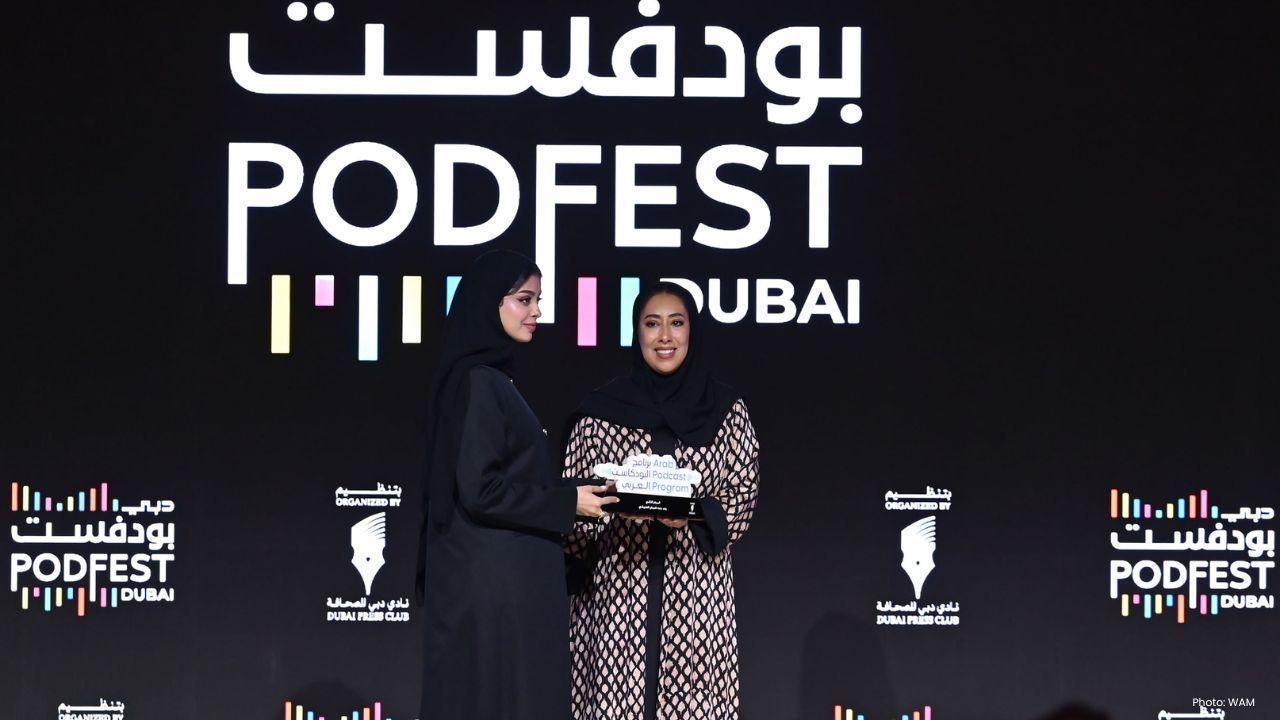

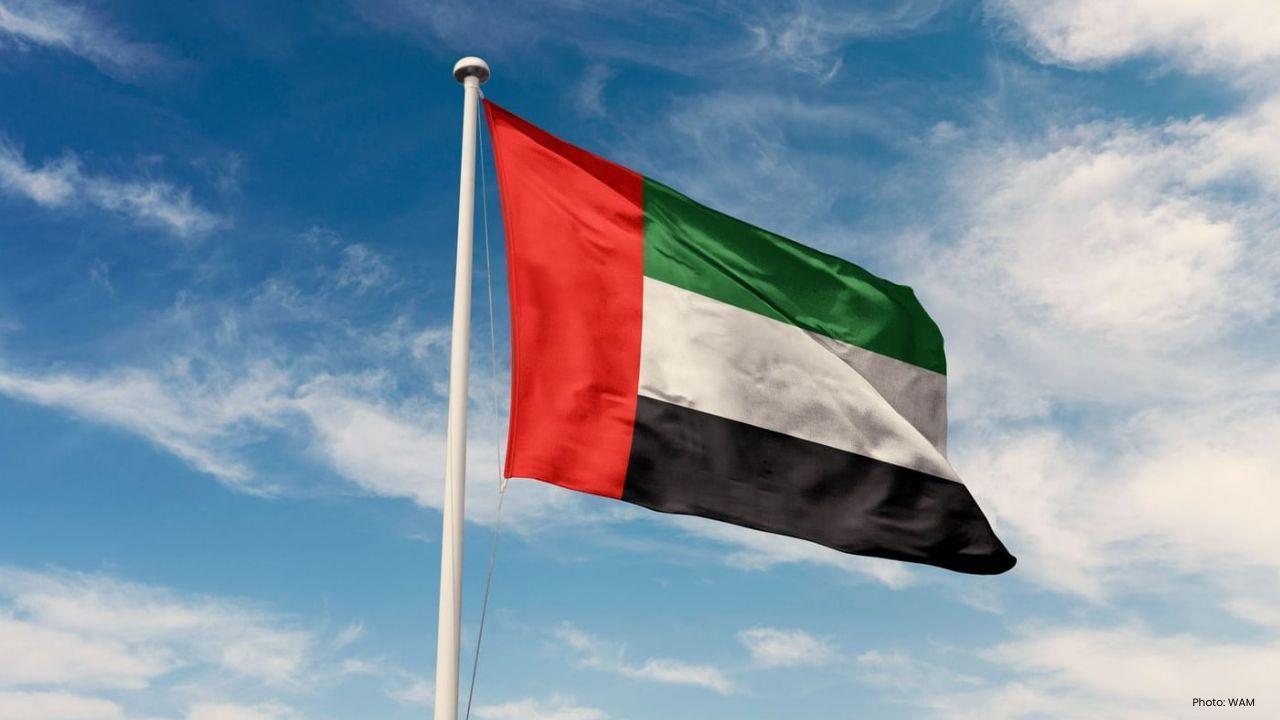
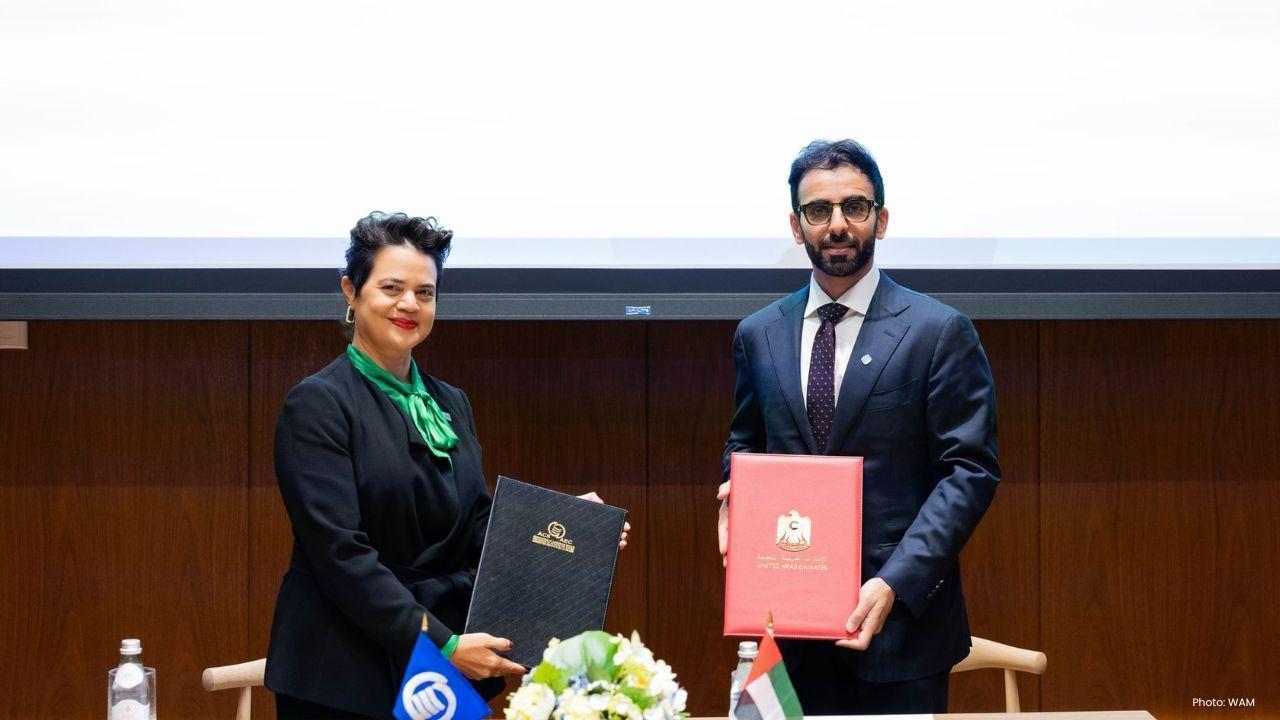
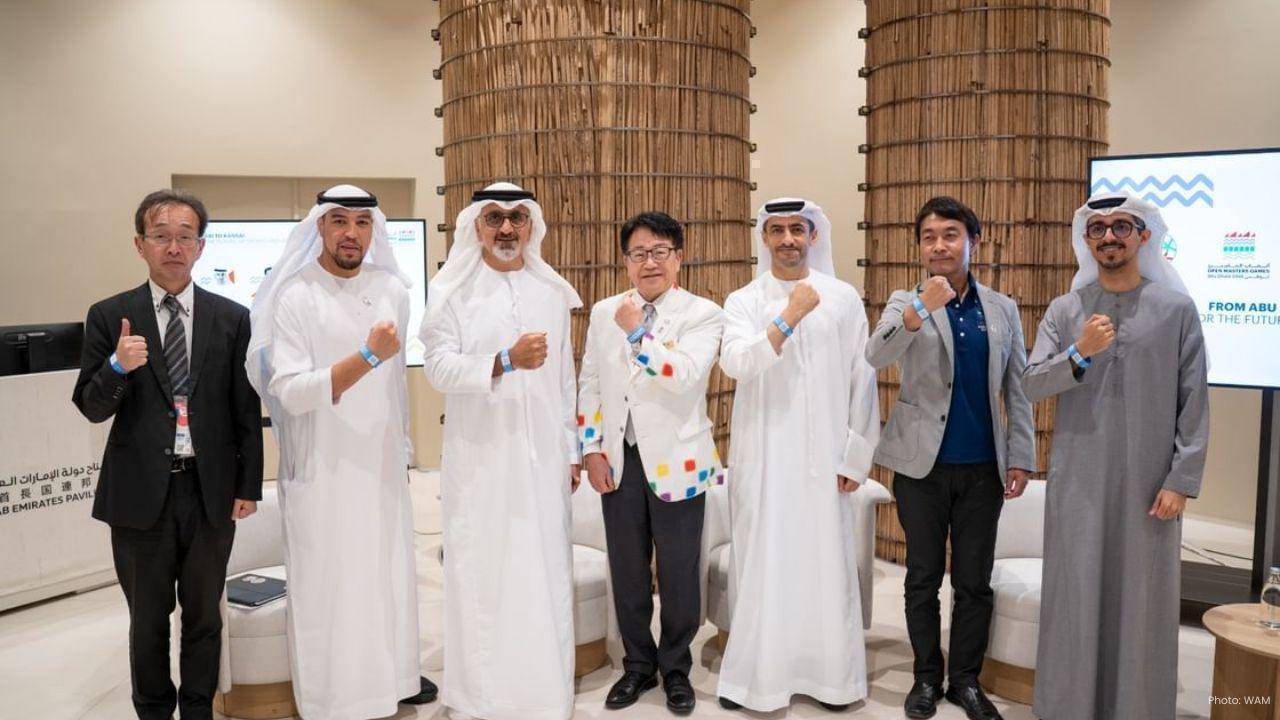

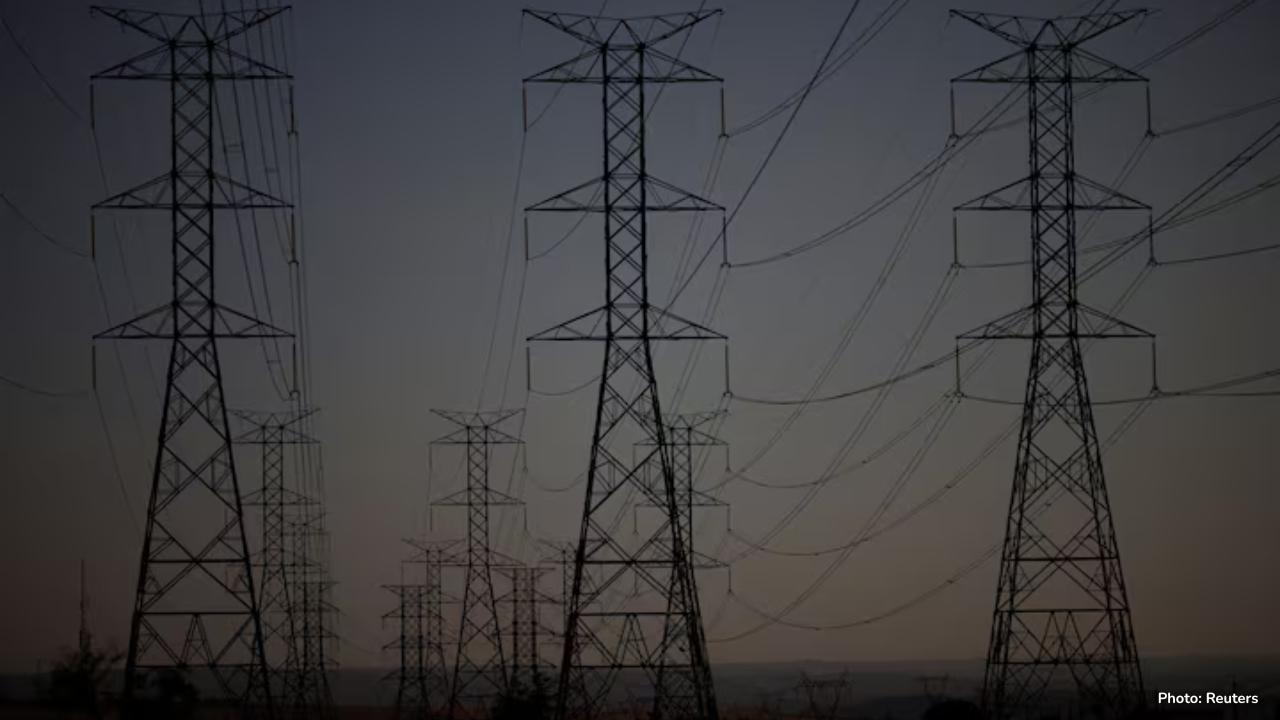

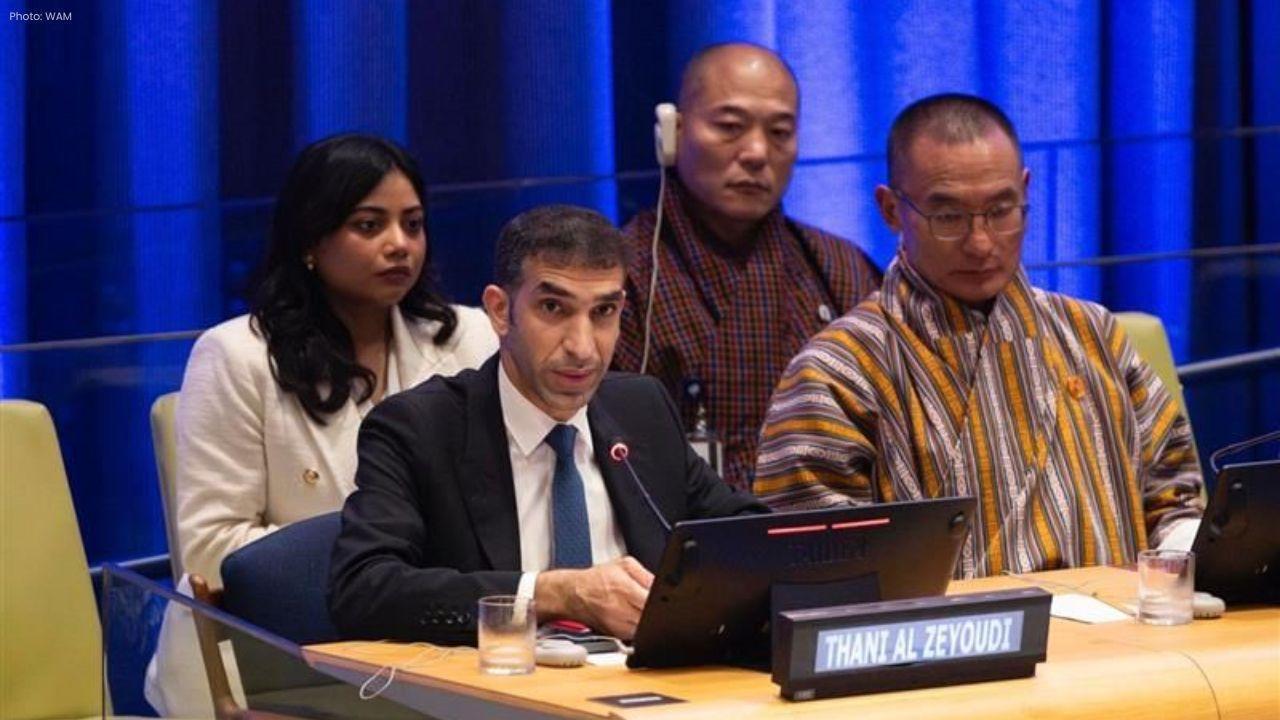

OpenAI's Revenue Soars to $4.3 Billion in First Half of 2025
OpenAI's revenue reaches $4.3 billion in the first half of 2025, marking a 16% increase from the pre

UAE Leaders Send Condolences to Saudi King Over Princess Abta's Death
UAE rulers and crown princes sent heartfelt messages to King Salman, mourning the passing of Princes

Brazil's Surplus Clean Energy Attracts Crypto Miners
Brazil's excess renewable energy is luring cryptocurrency miners. Companies like Tether and Renova E

Visa Tests Stablecoins to Make Global Payments Faster
Visa is testing stablecoins for international payments, aiming to speed up transactions and reduce t

Opera Unveils Neon AI Browser for Smarter Web Browsing
Opera introduces Neon, an AI-powered browser that automates tasks and enhances privacy, aiming to re

Albanese Visits Sheikh Zayed Grand Mosque in Abu Dhabi
Australian PM Albanese tours Sheikh Zayed Grand Mosque, highlighting peace, tolerance, and cultural